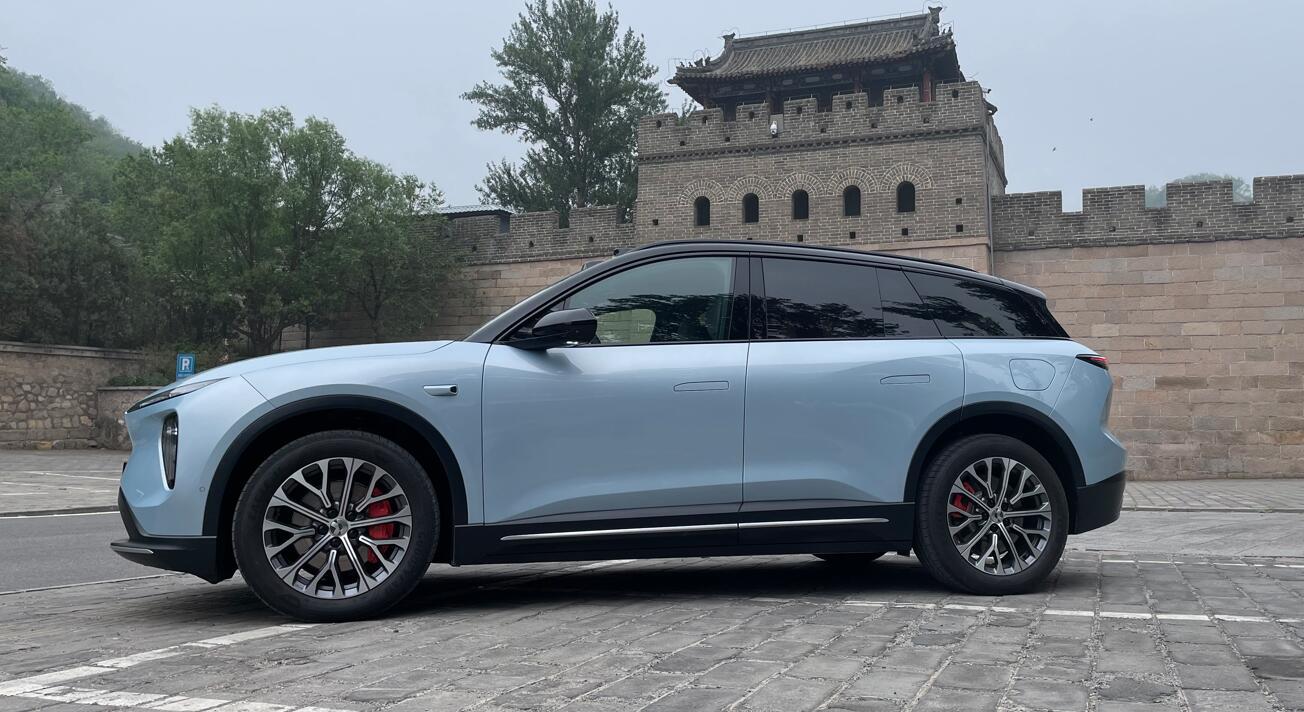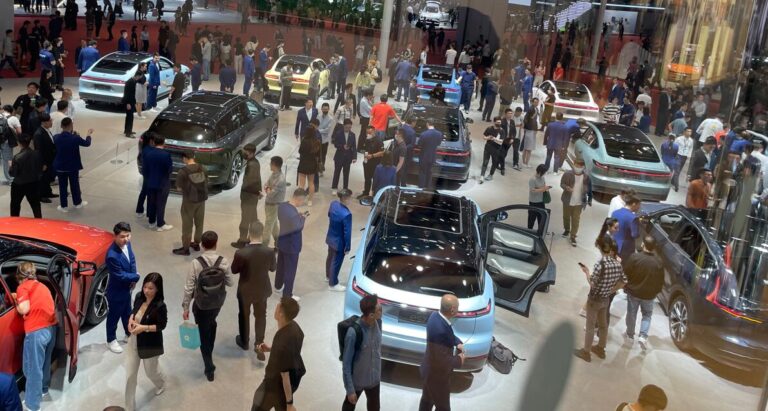From now until 2027, pure electric vehicles will continue to enjoy purchase tax incentives, which will give Nio vehicles a significant advantage over fuel-powered luxury vehicles in terms of purchase costs, Nio said.

(Image credit: CnEVPost)
China today announced details of an extension of tax incentives for new energy vehicle (NEV) purchases, and Nio (NYSE: NIO) welcomed the move.
From now until 2027, pure electric vehicles (EVs) will still enjoy purchase tax incentives, which will give Nio vehicles a huge advantage over fuel-powered luxury vehicles in terms of purchase costs, the electric vehicle (EV) maker said in a comment shared with CnEVPost.
With the new EV purchase tax policy in place, Nio's body-battery separation model could significantly help consumers lower the cost of purchasing a vehicle and reduce spending on purchase tax, it said.
The continuation of the purchase tax incentives is a great boon to the shift from fuel vehicles to NEVs and to stimulate auto consumption, Nio said.
William Li, founder, chairman and CEO of Nio, also shared his personal views in a rare Weibo post, saying that China has clarified its policy for the next four years in advance, leaving time for car companies to make medium- and long-term plans.
The policy does not disqualify high-end models from receiving incentives, which is a support for technological innovation in intelligence, he said.
In the case of buying a car and renting a battery, the price of the battery is not included in the tax base price, which is a full recognition of the innovation of the battery swap model, said Li.
He also mentioned that during his trip to Europe, NEVs were the focus of discussion between the government and the business community, and that his European counterparts were envious of the Chinese government's vision and action in promoting the development of the NEV industry.
The location information contained in Li's Weibo shows that he is currently in France.
Earlier today, China's Ministry of Finance announced that NEVs with a purchase date between January 1, 2024, and December 31, 2025, will be exempt from vehicle purchase tax, but the tax exemption will not exceed 30,000 yuan ($4,170) per vehicle.
For NEVs with a purchase date between January 1, 2026 and December 31, 2027, the vehicle purchase tax will be levied at half the normal rate, with the tax reduction not exceeding RMB 15,000 per vehicle.
The latest policy continues to provide additional support for models like Nio that are battery swap enabled.
When consumers purchase a NEV, if the invoice for the car and the battery are separate, the taxable price is the price of the body without tax, according to the Ministry of Finance's announcement.
Nio's (NYSE: NIO) peer Li Auto (NASDAQ: LI) also voiced support for the new policy earlier today.
Li Auto aims to reach annual sales of 1.6 million vehicles and annual revenue of RMB 500 billion by 2025, Li Xiang, the company's founder, chairman and CEO, wrote on Weibo.
China has provided an additional four years of stable policies, which is great and leaves Li Auto's team with no excuse not to meet its strategic goals for 2025, Li said.
By early 2026, Li Auto's ability to meet the goal will be proven, he said.
($1 = RMB 7.1935)

